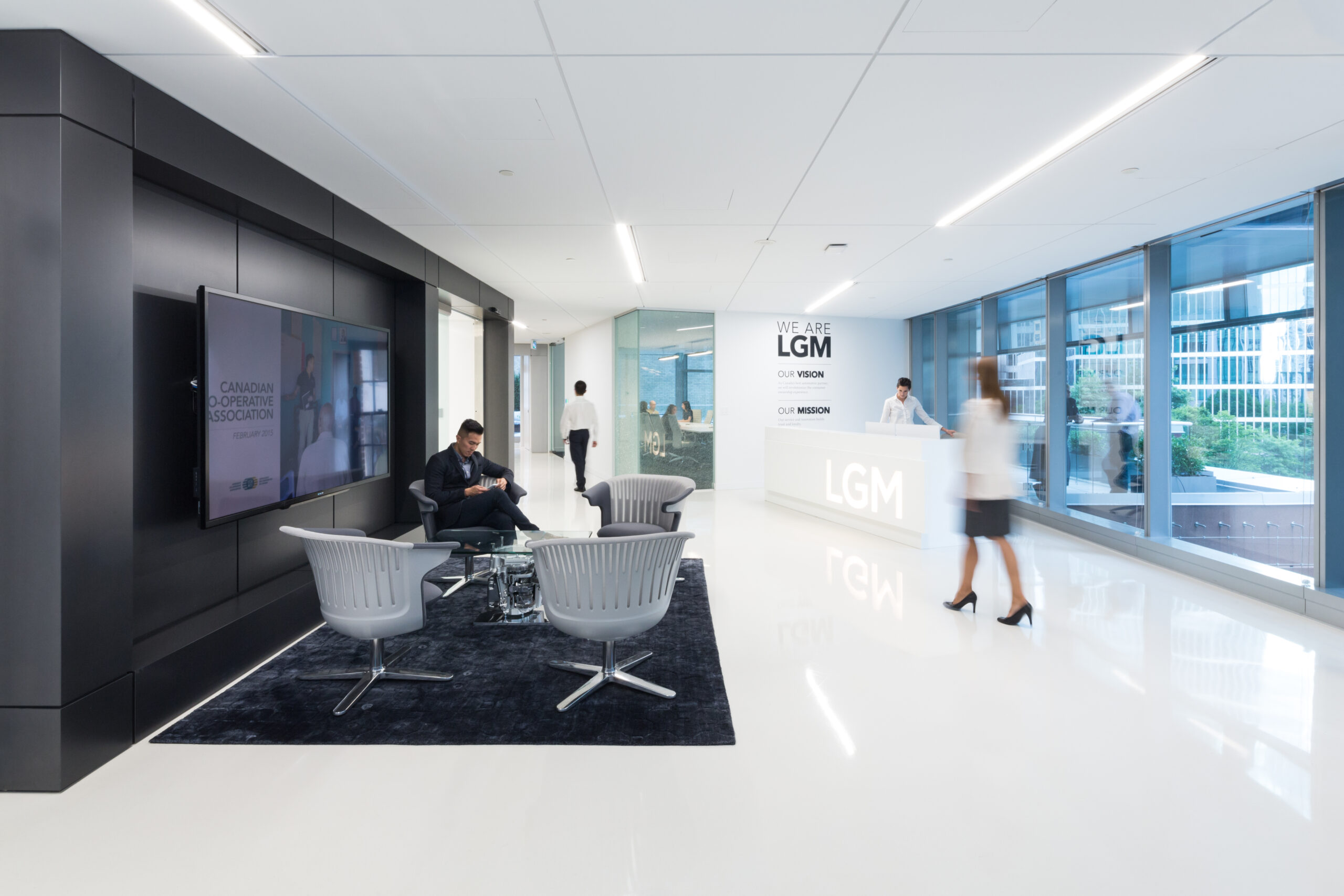As appeared in the March 2017 issue of Canadian AutoWorld
By Adrian Davies, Manager, Service, LGM Financial Services
There’s perhaps no word more double-barreled in its connotation than automation.
A defining word of the 21st century, it conjures up grand visions of societal progress and human innovation, while simultaneously giving way to anxiety and worry about whether hardworking people will have a place in this new-age workforce.
If automation wasn’t on your mind already, it’s likely that this past American election cycle put it on your radar, with both presidential candidates speaking regularly about their plans to bolster domestic jobs.
In the end, the Rust Belt states that have been heavily impacted by this type of technological advancement were an influential voting bloc that ultimately altered the course of the election by turning from blue to red.
Anxiety over technological advancement is nothing new. In fact, for as long as there has been progress, there have been accompanying alarm bells.
As authors Mokyr, Vickers and Ziebarth noted in their article, “The History of Technological Anxiety and the Future of Economic Growth,” many economists even worried about the dehumanizing effects of routinized factory labour during the Industrial Revolution.
Today, we must confront the move towards automated delivery of products and services. As a manager of service at a national call centre that receives hundreds of claims and customer service calls a day, I’ve often wondered if there will always be a human element to this business.
My wholehearted belief is that there will. I think there will always be a great need for real-life, human to human interaction. After all, the automotive industry is about relationships.
As someone who has worked in the sector for 27 years, first as a licensed technician, then a claims adjuster, followed by a period as the owner of an automotive and heavy equipment repair business, I’ve been on all sides of customer service.
In my current role managing a team of dedicated claims adjusters and settlement agents, I have become even more aware of the value of personalized service.
At the same time, I recognize the benefits of automation and self-service.
As a finance and insurance company, many of the claims we receive fall under what we call the “one and done” category. These claims take roughly four minutes on the phone with one of our adjusters and have an extremely high approval rating.
For example, a straightforward claim for tire and rim protection is almost guaranteed to be approved, so why wouldn’t we streamline that process as much as possible?
OEMs have adopted this approach for their factory warranties up to a certain dollar limit, so it makes sense for others in the industry to mirror this approach as a best practice.
It’s a different story when it comes to more complicated protection products. In the event of a total vehicle loss or theft, you’re dealing with a customer who has undergone a traumatic life event.
It’s important to be able to provide empathy and understanding during that difficult time, and it’s tough to do that via online submission.
Some F&I products are easily adaptable to automation, while others don’t seem to fit quite as easily.
As we continue to automate, our processes will also require a human element. We won’t hire fewer people, but we will need them to fill different roles. Instead of having as many people on the front lines of the call centre, we’ll need more people on the back-end covering the audit component of the business.
Real-time claims approval necessitates real-time auditing before the ink is dry and our dealer partners have closed their work orders. We’ll also always need a complaint management process that makes us highly accessible to our customers.
When you’re dealing with people’s money, there has to be an avenue to resolve any kind of escalated situation and it’s hard to engage in debate, find common ground, and reach a settlement all over email or instant messenger.
As we move towards online claims and the automation of our services, we must stay mindful of the relationships we enjoy today. The nature of our business is such that many repair facilities, especially those from high volume dealers, have been calling us multiple times a week for many years. The challenge for us is to maintain the strong connection that we’ve built as a result of hundreds of phone calls between the same few people on either end of the line.
But, if history has taught us anything, it’s that those who embrace progress and meet technological advancement head-on maintain the trust and loyalty of their customers, as long as they keep service excellence at the forefront of their decisions and view the delivery of products and services through the lens of the customer.


